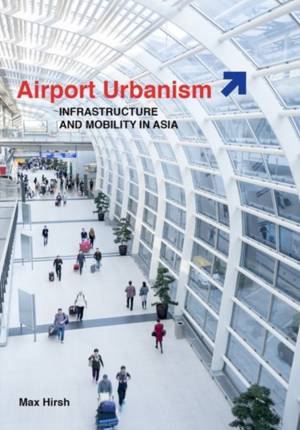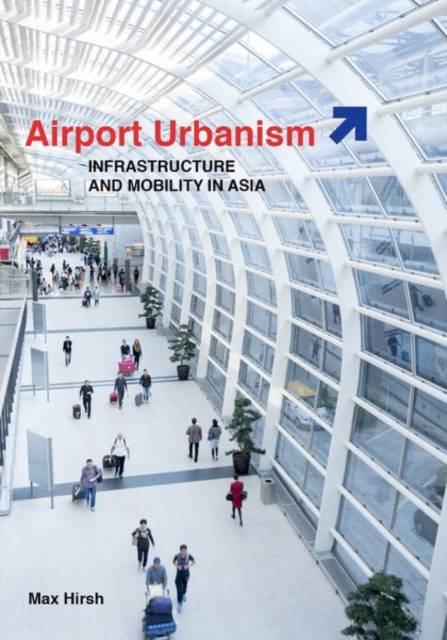
- Afhalen na 1 uur in een winkel met voorraad
- Gratis thuislevering in België
- Ruim aanbod met 7 miljoen producten
- Afhalen na 1 uur in een winkel met voorraad
- Gratis thuislevering in België
- Ruim aanbod met 7 miljoen producten
Omschrijving
Thirty years ago, few residents of Asian cities had ever been on a plane, much less outside their home countries. Today, flying, and flying abroad, is commonplace. How has this leap in cross-border mobility affected the design and use of such cities? And how is it accelerating broader socioeconomic and political changes in Asian societies?
In Airport Urbanism, Max Hirsh undertakes an unprecedented study of airport infrastructure in five Asian cities--Bangkok, Hong Kong, Shenzhen, Kuala Lumpur, and Singapore. Through this lens he examines the exponential increase in international air traffic and its implications for the planning and design of the contemporary city. By investigating the low-cost, informal, and transborder transport systems used by new members of the flying public--such as migrant workers, retirees, and Asia's emerging middle class--he uncovers an architecture of incipient global mobility that has been inconspicuously inserted into places not typically associated with the infrastructure of international air travel.
Drawing on material gathered in restricted zones of airports and border control facilities, Hirsh provides a fascinating, up-close view of the mechanics of cross-border mobility. Moreover, his personal experience of growing up and living on three continents inflects his analyses with unique insight into the practicalities of international migration and into the mindset of people on the move.
Specificaties
Betrokkenen
- Auteur(s):
- Uitgeverij:
Inhoud
- Aantal bladzijden:
- 232
- Taal:
- Engels
Eigenschappen
- Productcode (EAN):
- 9780816696093
- Verschijningsdatum:
- 15/03/2016
- Uitvoering:
- Hardcover
- Formaat:
- Genaaid
- Afmetingen:
- 183 mm x 257 mm
- Gewicht:
- 635 g

Alleen bij Standaard Boekhandel
Beoordelingen
We publiceren alleen reviews die voldoen aan de voorwaarden voor reviews. Bekijk onze voorwaarden voor reviews.












